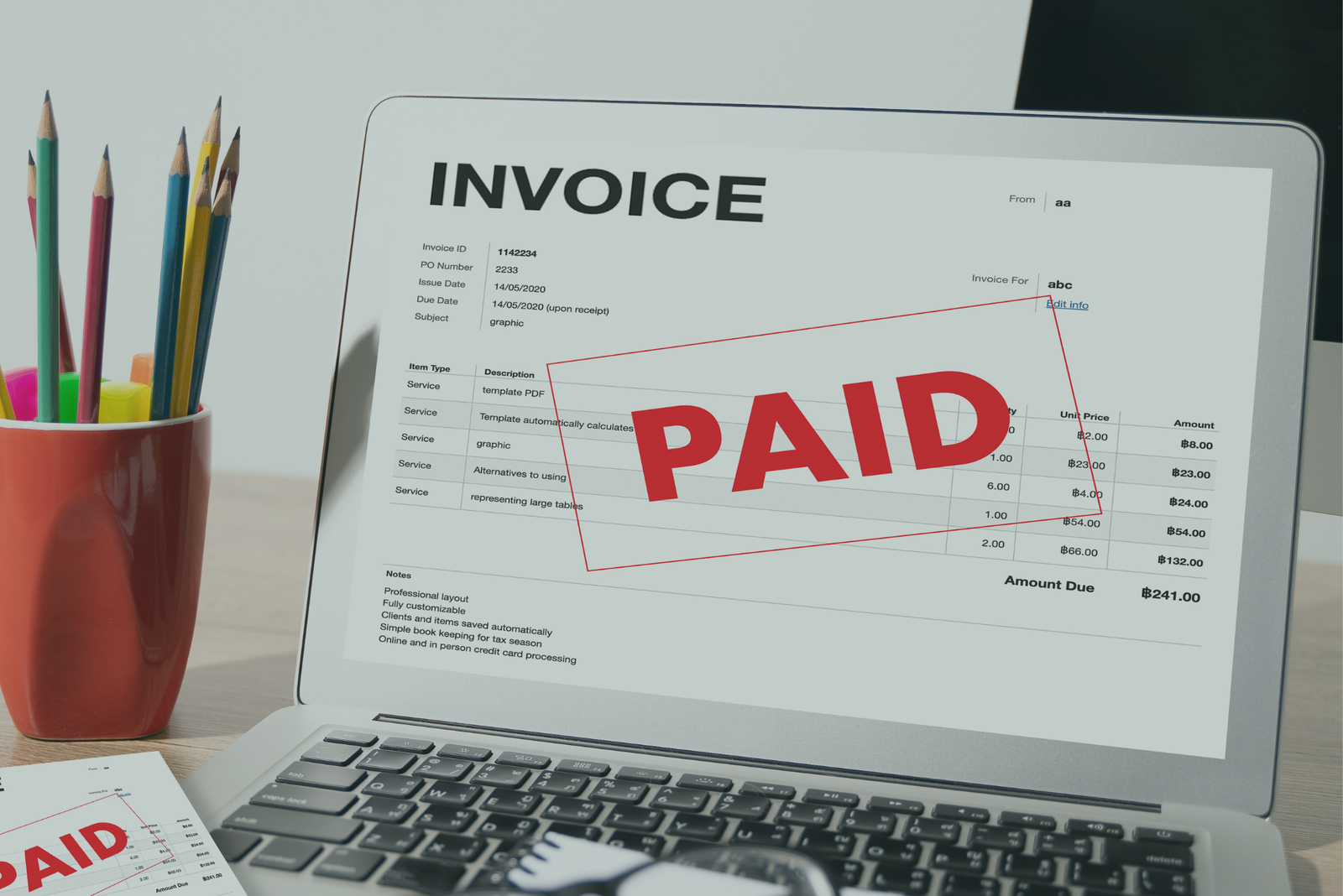Resources

- September 30, 2024
- 7:00 am
How to Secure Financing for Your Healthcare Practice
Running a successful healthcare practice requires more than medical expertise—it requires financial flexibility. Whether you’re looking to expand, upgrade equipment, or stabilize cash flow, having access to the right funding can be the key to sustainable growth.
At FinMed Capital, we specialize in helping healthcare professionals secure the capital they need to succeed. In this guide, we’ll walk you through the essential steps to identify the best financing options and increase your chances of approval.
1. Clarify Your Financing Goals
Before applying, get clear on why you need funding. This ensures you match your financing type to your actual need, which will save time—and money—in the long run.
Common financing goals include:
Expanding your practice (opening a second location, hiring staff)
Upgrading equipment (new imaging machines, dental chairs, software)
Managing cash flow (covering payroll, rent, or vendor payments)
Launching a new practice or buying into an existing one
Knowing the “why” helps determine whether you need a term loan, equipment lease, line of credit, or a more flexible solution like invoice factoring.
2. Know Your Financing Options
There’s no one-size-fits-all when it comes to practice financing. Here’s an overview of the most common solutions available:
| Financing Option | Best For |
|---|---|
| Business Loans | Practice expansion, renovations, or opening a new location |
| Equipment Leasing/Loans | Acquiring medical or dental equipment without large upfront cost |
| Working Capital Loans | Managing day-to-day operations, short-term liquidity gaps |
| Invoice Factoring | Turning outstanding receivables into immediate cash |
| Asset-Based Lending | Leveraging existing equipment, inventory, or real estate for capital |
Not sure which one fits your needs?
👉 Talk to a healthcare financing advisor
3. Gather the Right Financial Documents
Being well-prepared improves your odds of approval and speeds up the process. Typical documentation includes:
Financial statements (income, cash flow, balance sheet)
Business and personal tax returns (last 1–2 years)
Business plan (especially important for startups)
Owner credit history and net worth statements
Organizing these in advance shows lenders that your practice is financially sound—and makes you a more attractive borrower.
4. Strengthen Your Credit Profile
Your credit score directly impacts loan approval, interest rates, and repayment terms. Even if you’re confident about your finances, improving your credit can save you thousands over the life of a loan.
Ways to improve your score:
Pay off outstanding debts strategically
Avoid missed payments (set up auto-pay where possible)
Dispute any errors on your credit report
Pro tip: Even if your credit score isn’t perfect, healthcare lenders like FinMed Capital can often structure alternative solutions based on assets or receivables.
5. Work with a Lender Who Understands Healthcare
Most traditional lenders don’t fully understand the billing cycles, regulatory constraints, and cash flow volatility of healthcare businesses. That’s why specialized healthcare financing is often the better route.
At FinMed Capital, we partner exclusively with healthcare businesses and professionals. We understand your challenges and offer tailored solutions—not generic loan templates.
Access to over $150M in capital
Network of 40+ lending partners
Flexible approvals for clinics, dentists, physicians, and specialists
6. Apply with Confidence
Once your documents are ready and you’ve selected the right partner, you’re ready to move forward.
Here’s what working with FinMed Capital looks like:
Complete our simple online form
Get pre-approved within 24–48 hours
Finalize terms with your advisor
Receive funding in just a few days
We make the process fast, transparent, and aligned with your long-term business goals.
Your Practice Deserves More Than Just Capital—It Deserves a Financial Partner
Securing financing doesn’t have to be complex. By clearly defining your goals, preparing strong documentation, and working with a healthcare-focused partner like FinMed Capital, you can confidently move forward with the growth, stability, and flexibility your practice needs.
📞 Call us at 1-833-336-3131
🌐 Visit finmedcapital.ca
📩 Apply for financing today
Popular Post
- Blog








